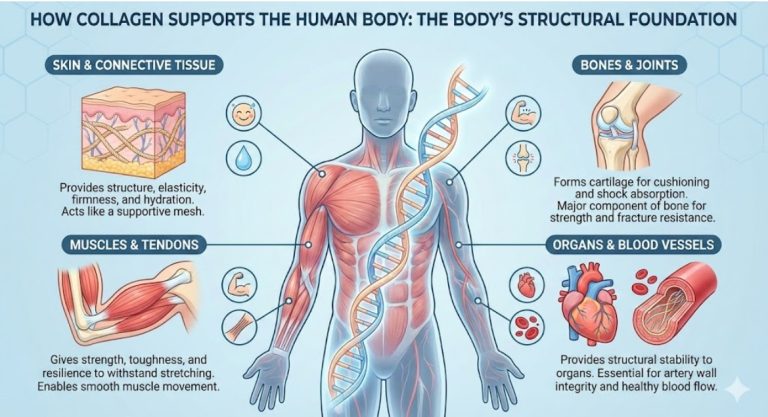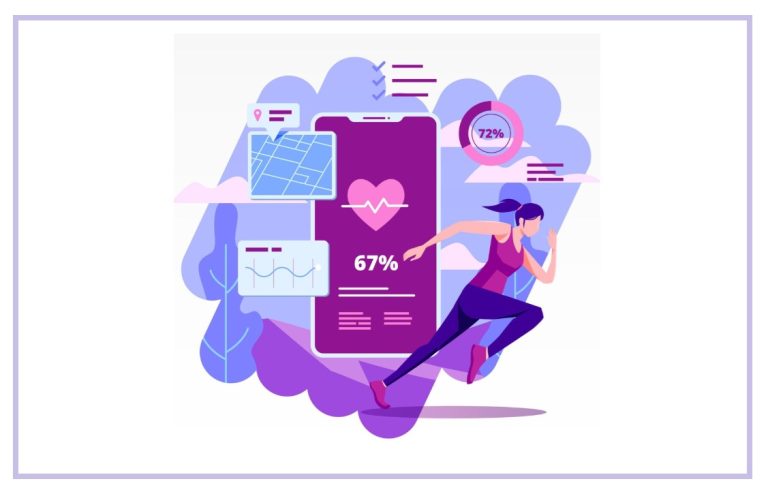Sleep is a vital part of our lives and the lack of it can easily affect your health and well-being. So, if you have been battling insomnia or never seem to get adequate sleep, consider the following tips:
Turn off the lights. And not just the primary light but also digital clocks and other electronics with power lights. If you cannot get rid of all the light, consider getting a sleeping mask. Closing your eyes in the darkness helps you sleep faster.
Switch off devices like the TV, computer, tablet, or smartphone when it is time to sleep. According to studies, these gadgets emit blue light, which plays a role in preventing the mind from relaxing and getting into a sleep state. So, avoid the temptation of watching one final episode or browsing social media when it’s time to hit the hay.
Create a sleeping schedule. Going to bed at the same time and waking up at the same time can help improve your sleep quality. The body likes regularity and keeping your biological clock dialed in is imperative. As the body adjusts, you will be able to wake up naturally at the same time and feel sleepy at the same time, given you get adequate sleep and don’t interfere with the circadian rhythm. Ensure you find the time that works best for you and make alarms. These wake-up and bedtime reminders will ultimately help you achieve a more consistent sleep cycle.
Create a comfortable sleeping environment. Having a comfortable and supportive mattress will go a long way to helping you get a great night’s sleep. Read about Tempurpedic pros and cons to find out the best mattress for you.
Go to bed at a reasonable time. In addition to the above point, you’ll want to get ready for bed a bit earlier until you achieve your desired bedtime. However, you’ll want to be careful as the last thing you want is to lie in bed tossing and turning as the body is not ready for sleep.
Limit alcohol and caffeine intake. We all know that caffeine is a stimulant and so, taking coffee at night will only keep you awake. So, preserve that beverage for early mornings when you really need that boost. Also, although alcohol might make you sleep faster, you will end up tossing and turning at night, which affects your overall sleep quality.
With these tips, you should be in a position to improve your sleep quality. If you try everything and nothing changes, consider a diagnosis of conditions like stress, anxiety, and depression. It’s also worth consulting a doctor for the same.


